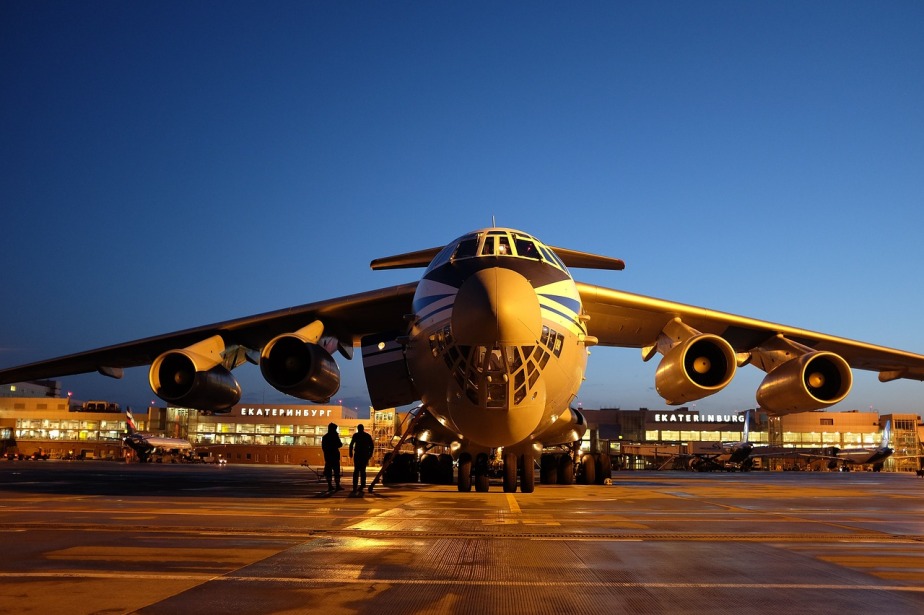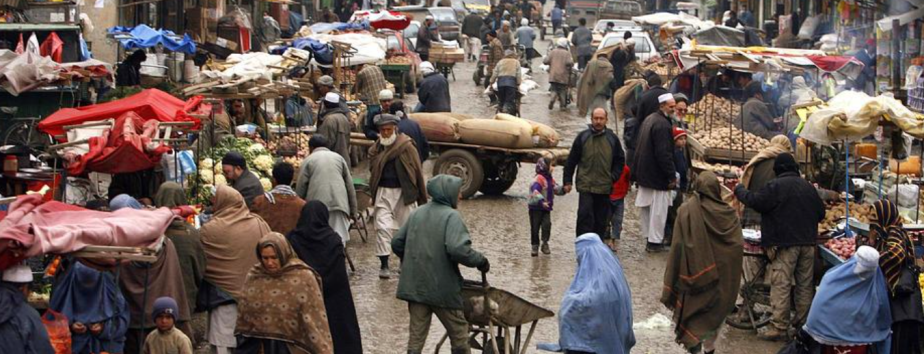Brussels 26.01.2024 In case the use of an U.S. or a German surface-to-air missile systems for the deadly attack on Russia’s Il-76 plane (pictured) is confirmed, Western countries will become complicit in the crime committed by the Kiev government, Russian First Deputy Permanent Representative to the UN Dmitry Polyansky said.
“According to preliminary investigation, Ukrainian armed forces carried out this terrorist attack using an anti-aircraft missile system. The missiles were launched from the village of Liptsy in Kharkov region,” the Russian diplomat said. “These could have been either American Patriot or German-made Iris-T missiles. If confirmed, this will make the Western suppliers of this ammo complicit in this crime. Just as they are complicit in shelling of peaceful neighborhoods of Russian cities that Ukrainian armed forces carry out with Western weapons.”
On January 24, Ukrainian forces shot down a Russian Il-76 military transport aircraft that was carrying Ukrainian prisoners of war (POW) for exchange. All 74 people onboard, including 65 Ukrainians perished in the incident. The Russian Defense Ministry called the catastrophe a terrorist act and said Kiev authorities knew about the transportation POWs for an exchange that was planned at the Kolotilovka checkpoint.
In his video address late on Wednesday, President Zelensky said it was “obvious that the Russians are playing with the lives of Ukrainian prisoners, with the feelings of their relatives and with the emotions of our society”.
The Ukrainian leader, who has cancelled a planned regional trip linked to his birthday on Thursday, stressed that “all clear facts must be established”.
Kremlin spokesman Dmitry Peskov condemned the downing of the plane as a “monstrous act”, according to Russian news agencies. He told reporters that if Mr Zelensky meant an international inquiry into “the criminal actions of the Kyiv regime”, it was definitely needed.








